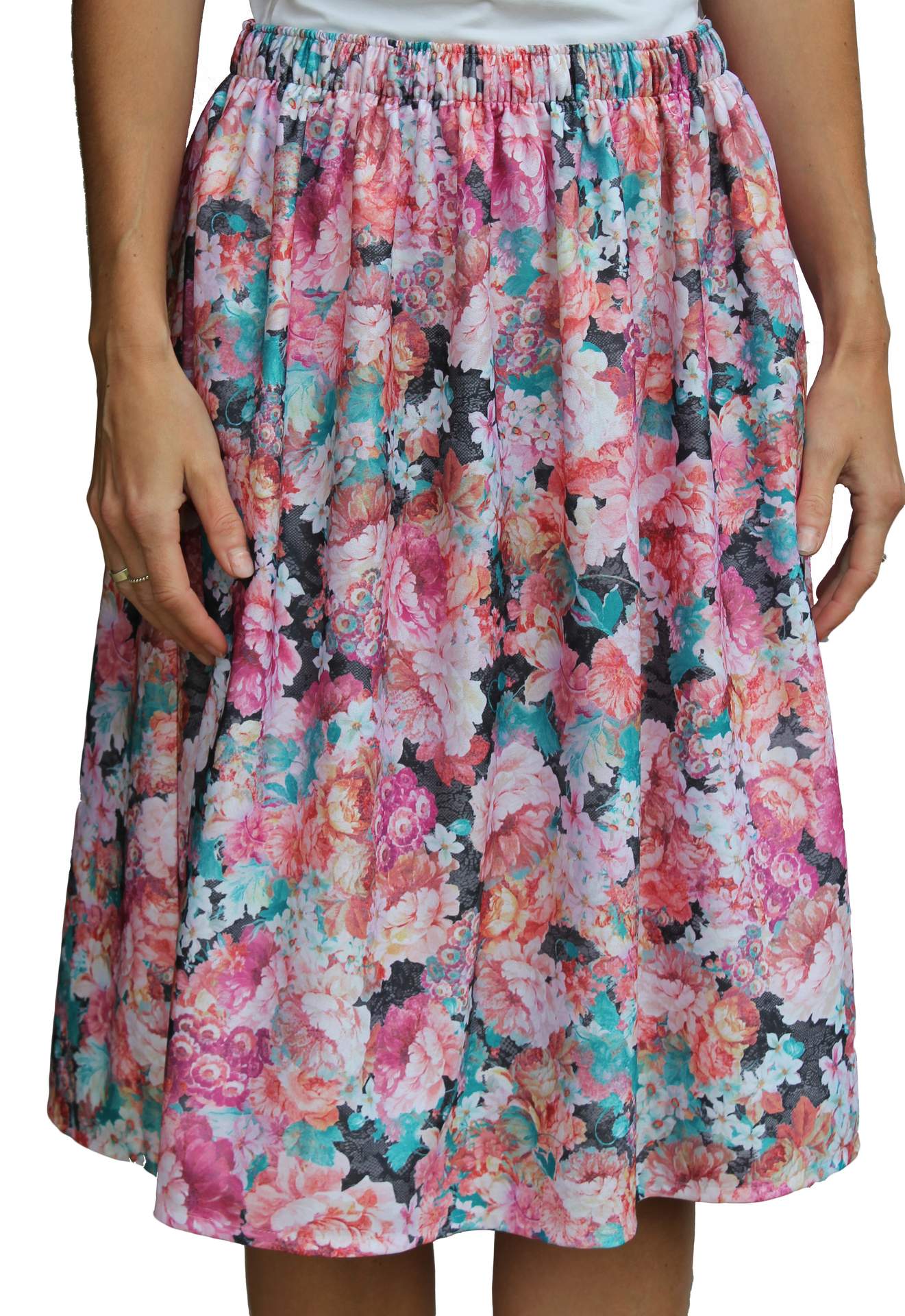
Rival Clothing
Manufacturer's Product Description
Ladies one size fully elasticated waist skirt to fit waist 26" - 37" .
Will fit from UK size 10 - 24 due to our own unique elasticated waist with amazing stretch without being too tight or too loose.
Short fit (5'2") 26" length
Standard fit 29" length
100% polyester for easy care.
Designed for older women/elderly Ladies
Machine washable.Non iron.
Summer Weight
Manufacturer's Contact Details
https://www.rivalclothing.co.uk
Rival Clothing
2 Redbrick Cottages
Dargate
Faversham
Kent
ME139EZ
United Kingdom
01227750118 sales@rivalclothing.co.ukKey Features
No Key Features have been specified for this product
Product Dimensions
No dimensions have been specified for this product
Product Specification
No product specification has been specified.